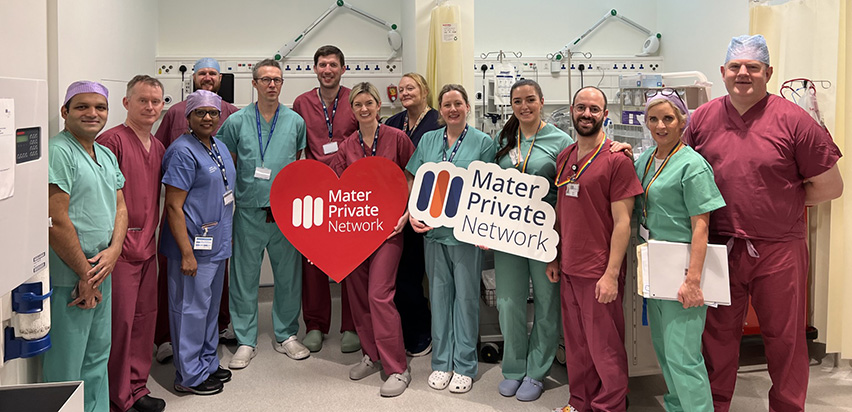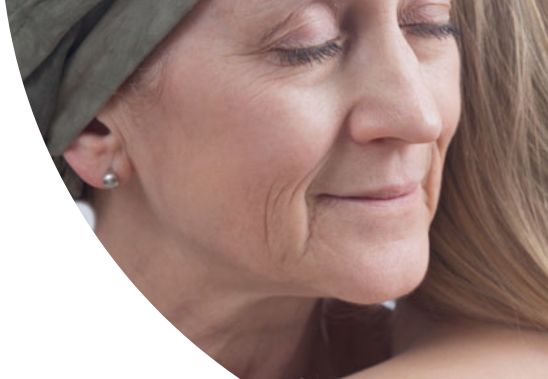Nutrition and Physical Activity During Cancer Treatment
During the course of your treatment, you may experience loss of appetite and fatigue, making it more challenging to consume food and maintain a healthy level of physical activity. Maintaining your weight and muscle mass is crucial to support your body during treatment.
Fatigue during your cancer treatment is very common and can occur during and after your treatment, affecting your physical, mental, and emotional wellbeing .
There are many factors that can contribute to your fatigue, including:
- Surgery and treatment
- Blood count
- Hormonal changes
- Sleep and stress
- Nutritional issues
- Reduced exercise
If you feel well enough and have received approval from your care team, incorporating exercise into your routine during cancer treatment is beneficial.
.jpg?sfvrsn=69784f38_1)
Importance of physical activity during cancer treatment
Along with nutrition, it is important that you maintain regular physical activity during your treatment. Research shows that exercise can help to reduce anxiety, depressive symptoms, fatigue and improve your overall wellbeing during and after your treatment. Reduced exercise and inactivity can quickly lead to muscle loss.
Try to reach the following levels of activity every week:
- Aerobic exercises: 150 minutes a week
- Walking/running/cycling: 30 minutes, 5 times per week
- Strength training (yoga/pilates/weight training): 2 to 3 times a week
Tips for staying active during cancer treatment
- Small changes: building habits can take time, therefore it is important that you start implementing small changes to your physical activity levels slowly. Aim to complete 5 – 10 of light exercise to begin with and you can build it from there.
- Strength training: strength training, such a yoga, pilates, and weight training, are important in the prevention of muscle loss.
- Consistency: there are many different exercises out there, so you should find something that you enjoy doing. This will make it easier for you to stay consistent.
- Ask for help: it is never too late to incorporate more physical activity into your lifestyle. Should you need extra support, please ask your medical team for a referral to a physiotherapist.
To support your treatment and physical activity, you must ensure that you fuel your body with food. Finding foods that you enjoy will make it easier to for you to get the right amount of nutrition.
To help our patients and support their nutrition throughout treatment, Niamh Corkery, Registered Dietician at the Mid-Western Radiation Oncology Centre in Limerick, curated a compilation of delicious and nutritious recipes to create the Nourish Cookbook.
.jpg?sfvrsn=fa154462_3)
Nourish Cookbook
Nourish Cookbook was developed as we believe that eating well during cancer treatment needn't be a chore and it is vital to ensuring good treatment outcomes for patients.
If you would like to receive a digital copy of the book, please contact us at limerickradiotherapy@materprivate.ie
Tips for maintaining weight during cancer treatment
Research shows that maintaining your weight during cancer treatment can be linked with lower frequency of hospitalisation and prevent delay in treatment and malnutrition. To maintain / gain weight, you should aim to:
- Eat little and often
- Choose high-calorie and protein food
- Bring snacks with you to eat during treatment
- Fortify your foods
- Drink your calories
How to fortify your meals
- Add butter, full-fat milk, cream and cheese
- Add sauces, dressings, jam and sugar
- Aim to have 1.2 – 1.5 grams/kg of your body weight. Foods rich in protein include:
- Animal based protein: meat, fish, eggs, milk and yoghurt
- Plant-based protein: beans, lentils, nuts, seeds, nut butter, seitan and soya
It’s always important to consult your doctor before starting or modifying your exercise routine and diet during your cancer treatment. Every patient is different, and personalised guidance ensures your safety and wellbeing.










.jpg?sfvrsn=1c95d47a_1)


